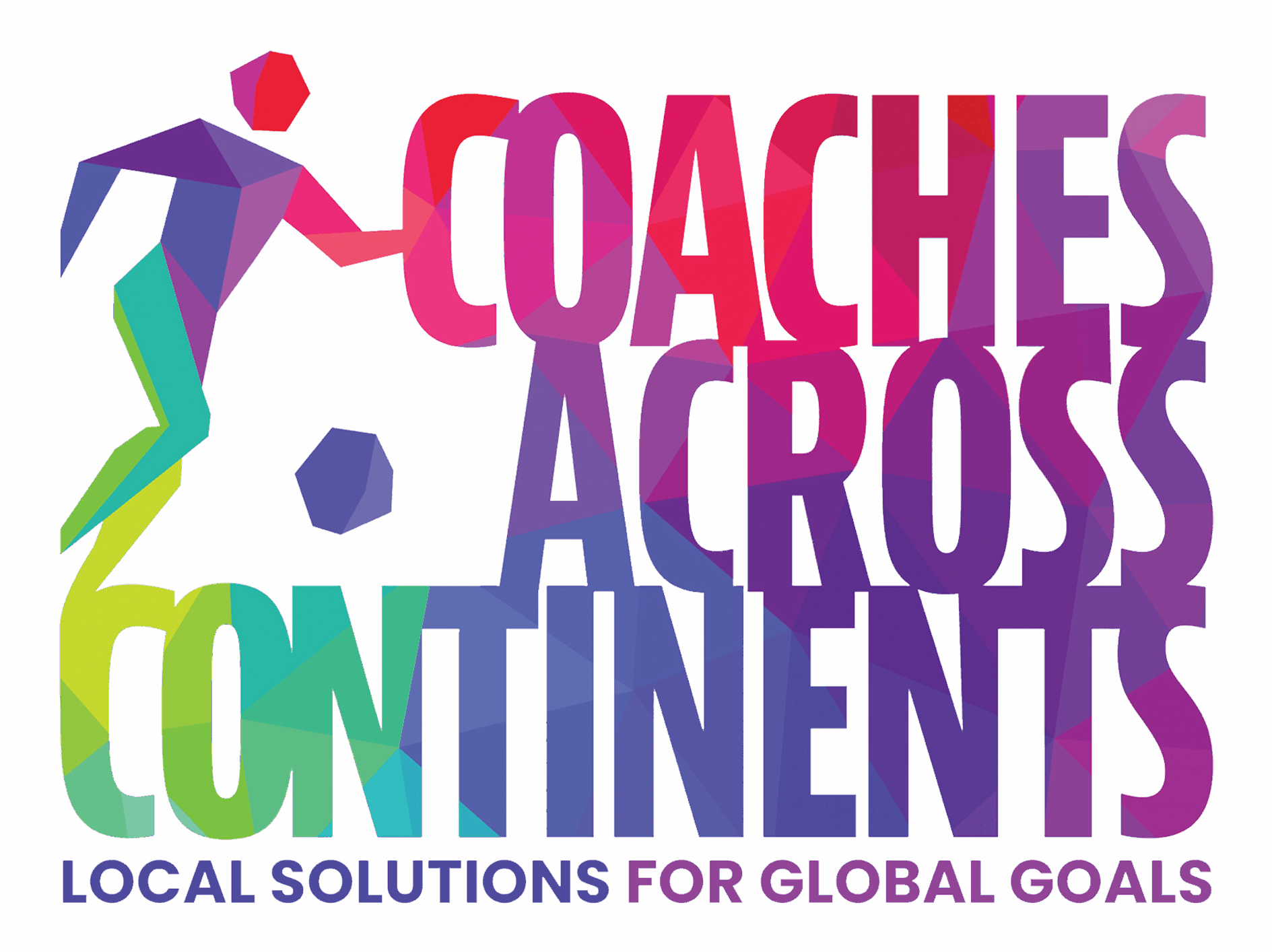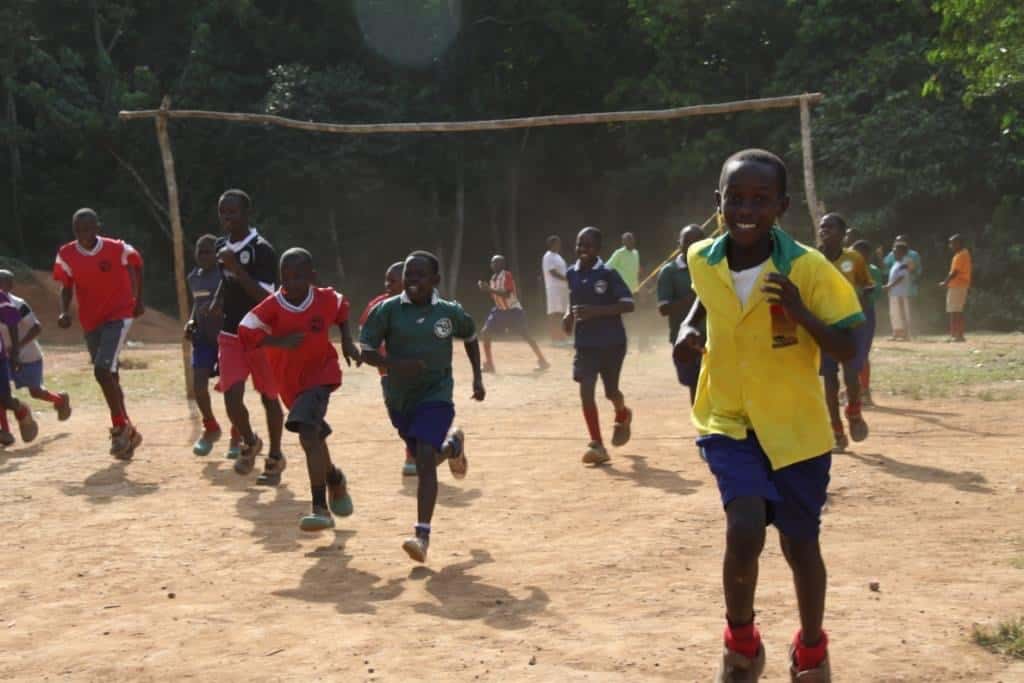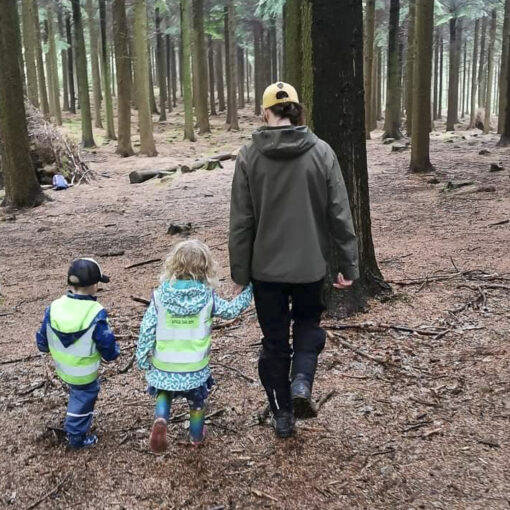In June, CAC and Right to Kick collaborated to organize a 5-day training on My Health, My Rights (SRHR and GBV). Anjali and Komal, who traveled to Ranchi, share their account of the experience. Anjali works for The Kutumb Foundation and is a step up athlete in CAC. Komal works with the OSCAR Foundation, and they are both SRHR leaders with CAC.
Right to Kick is a non-profit NGO dedicated to promoting girls’ empowerment. With a team of ten dedicated coaches, they work tirelessly to uplift the lives of children. The organization focuses on imparting knowledge, building skills, and fostering a sense of agency among girls, enabling them to realize their full potential.
This training was located in a village called Char-Hujir, where Right to Kick, which is run by Aanand Gope, is based. This remote village is home to a vibrant community where the concepts of SRHR and GBV are virtually unknown. Through our sessions, we aimed to empower the girls and youth of Chari Hujir, providing them with essential knowledge about their rights, and bodies, and fostering a sense of self-confidence and empowerment. We conducted this training with a total of 22 leaders, including two from Monkey Sports in Chhattisgarh.
When we arrived in Chari Hujir, we realized that the community lacked even basic knowledge about their own bodies. We initiated our sessions by educating the participants about the fundamental aspects of their anatomy. Initially, they were shy and uncomfortable discussing these topics. However, as we continued our sessions, their hesitations faded away, and they started embracing the knowledge with enthusiasm and curiosity.
During our GBV session, we discovered that the participants had a skewed understanding of violence within relationships. Many believed that if someone they cared for was physically abusive, it was a sign of love and concern. We sensitively addressed this misconception, explaining the importance of consent, respect, and healthy relationships. Witnessing their realization and eagerness to learn more was truly heartwarming.
The session on menstruation proved to be an eye-opening experience for the participants. Initially, they had limited knowledge, perceiving it as a monthly occurrence of “bad blood.” We provided them with comprehensive information about menstrual health and hygiene, breaking myths and taboos surrounding menstruation. Empowering them with knowledge about menstrual cycles and cleanliness helped them develop a positive outlook towards this natural process.
The child rights session was a highlight for the participants. They connected deeply with the topic, relating it to their personal experiences. Understanding their rights, such as the right to education, protection from exploitation, and the freedom to express their opinions, instilled a sense of confidence and self-worth in them.
The girls here are excellent football players. Some of them have played at the state and even national levels. However, they have very limited knowledge of life skills, so this training has been very helpful for them. They learned about their rights and the different forms of violence. For example, during a myth vs. fact game, we made a statement that girls should be punished for making mistakes. Initially, all the girls agreed with the statement, but after our discussion, they realized the importance of challenging such beliefs. On the last day, when we took feedback from all the girls, they shared their favorite games and talked about their rights and violence. Some girls mentioned that they will get married and have children based on their own choices, and one girl said that no one can raise their hand against someone else. Hearing their feedback made us feel that the training was successful.
Our journey to Chari Hujir was a profound experience of imparting knowledge, dispelling myths, and empowering young girls and youth. Witnessing their transformation from a state of unawareness to empowerment was truly gratifying. We are immensely proud of the impact we made in this small village and grateful for the opportunity provided by CAC to bring about positive change. We remain committed to our mission of empowering girls and fostering a generation of confident, informed, and self-reliant individuals.
If you would like to connect with any of the organizations above, please reach out to CAC.





